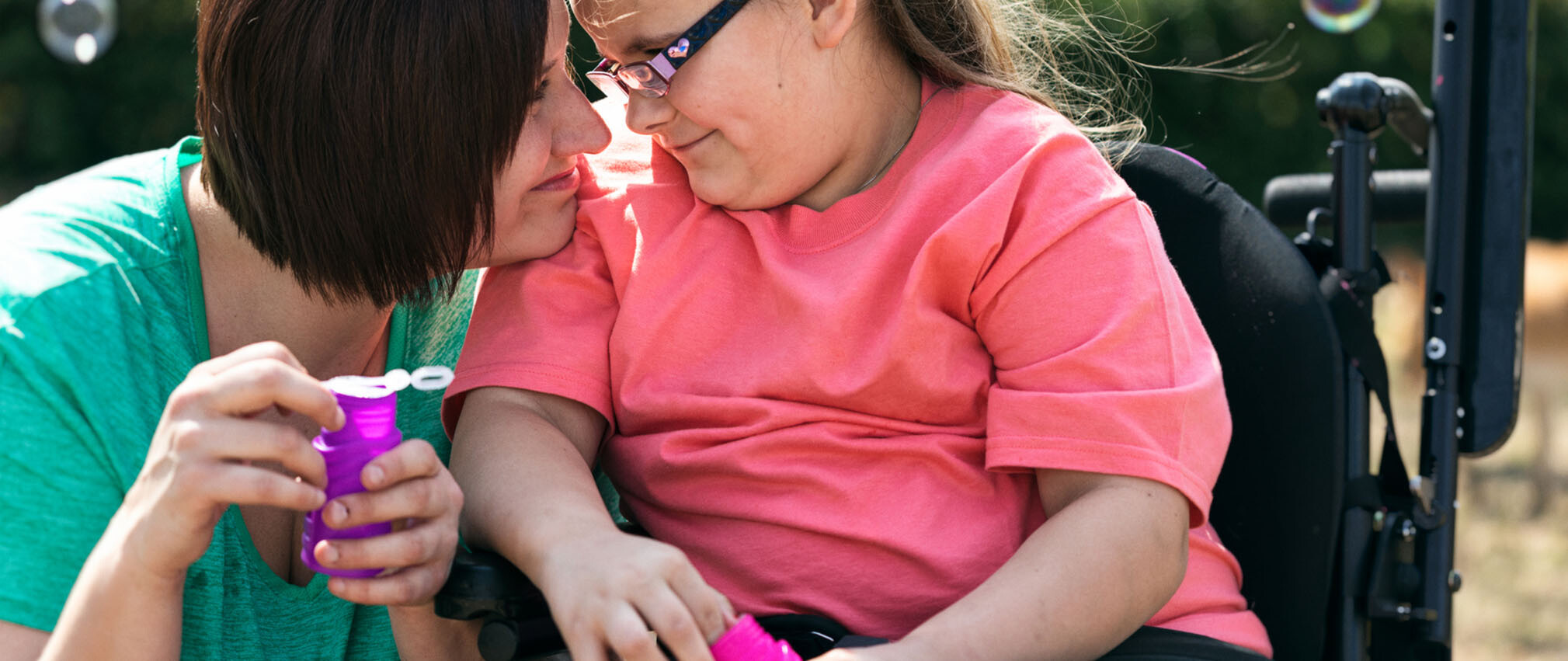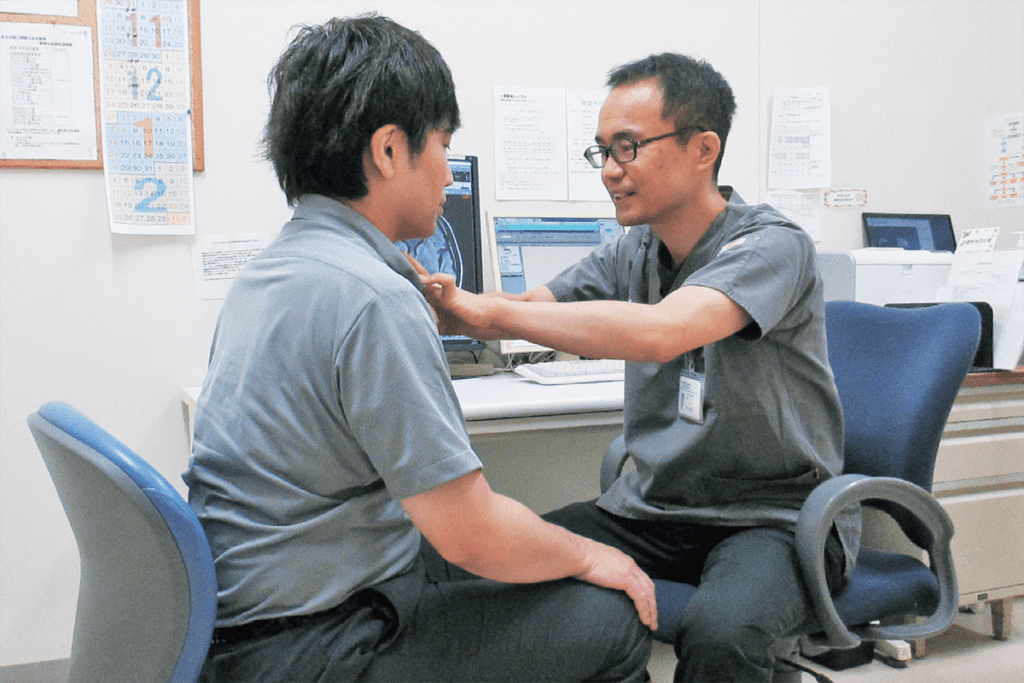Iran: Education is power!
Meet Rah-e-Roshd, the cooperative contributing to the education of Iran’s new generation.
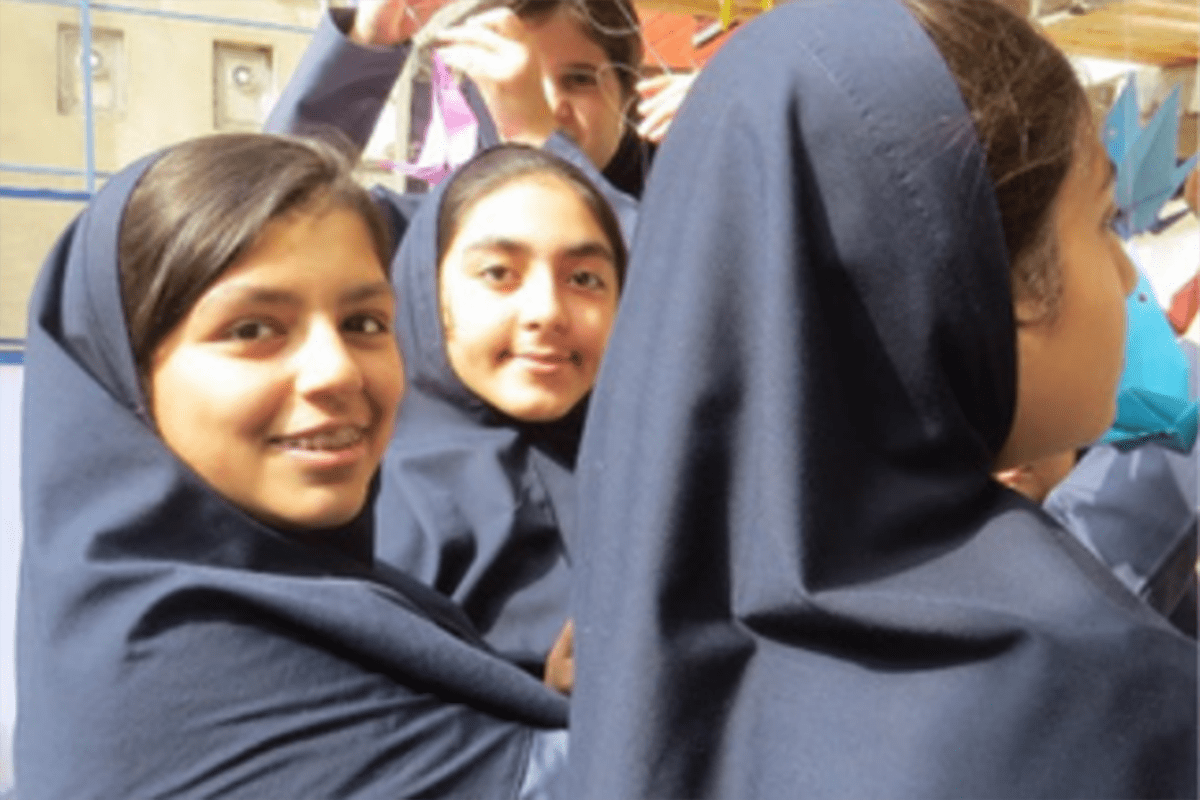
Meet Rah-e-Roshd, the cooperative contributing to the education of Iran’s new generation.
This article was republished with permission from CICOPA and was originally published in the August 2023 edition of CICOPA’s Work Together newsletter.
The Rah-e-Roshd cooperative educational complex is based in Tehran, Iran, and it provides education services from pre- school to high school. We sat down with Ms Anahita Eslahpazir, CEO, and got to know the cooperative better.
The Rah-e-Roshd project was born in 1986 from the initiative of seven women who, at a time of deep instability (Iran was at the time at war with Iraq), felt the necessity to have a place in which they could educate their children. The initial project consisted of a summer school for kindergarten-aged toddlers. Seeing its success, and as a request from the parents, the project was expanded and made into a full-fledged, year-round kindergarten.
For the first 10 years, the project went on without having the status of a cooperative. The soul of the project, however, was fully cooperative. From the very beginning, everything was based on the cooperation of the parents who were responsible for transporting the children, cooking, cleaning the places etc.
It was only after the first decade of operation that Rah-e-Roshd formally became a cooperative. The project was expanding and wanted to give continuity to the children’s educational path, so they decided to establish an elementary school. For them, the choice of the cooperative form was an answer to the new questions that arose as the project expanded.
The reasoning behind this choice, in fact, was to give the project a legal democratic framework.
37 years after the project was launched and 26 years after the cooperative was founded, Rah-e-Roshd is a successful worker cooperative. Their project has expanded, and they have now added to their services a middle school, a high school, and a counseling service about education and behavior for their students. They currently have 500 teachers and 7000 people in their network.
Interestingly, even after years, parents of children and teachers who have now retired are interested in remaining members of the cooperative and participating in the annual general assembly. This goes against the general trend in Iran, as they see the foundation of other schools in their network, which, however, fail to survive over the years. According to Rah-e-Roshd, what makes the difference between other private schools and their cooperative, is the fact that in a cooperative everyone protects their jobs and makes sure that the project continues since the main goal is not the profit, but the education of children, fair jobs, and decent work.
Many cooperatives were born in Iran during the war, and it became a well- known model. The idea came precisely from the situation of uncertainty that the country was going through, as they thought that creating a project in which anyone could feel included could be good. This turned out to be the best choice for Rah-e-Roshd, and 26 years later, the cooperative is among the top 3 institutions in the country, provides good salaries to workers, and has quality infrastructure.
Rah-e-Roshd cares a lot about the cooperative’s proper functioning, and that is why members are selected from three categories only: parents of children, teachers, and alumni. Members’ main interest shall be that of the welfare of the children and the cooperative itself, as they themselves benefit or have benefited from the services provided.
Currently, the cooperative counts 500 teachers, of whom 230 are worker members, while the cooperative’s community reaches 7,000 people, including parents and former students. The opportunity to become a member is offered to teachers after 5 years of service within the cooperative. For parents, however, it is possible to become members after three years minimum. Ex-students, on the other hand, can become members as soon as they submit the application.
Initially, the cooperative did not have enough money available, so it paid part of its workers’ salaries from the cooperative’s shares.
Now, however, paying workers’ salaries is the number one priority, as well as providing a contract in good standing and social security. In addition, the cooperative provides maternity leave and facilities for teachers who want to enroll their children in the Rah-e-Roshd school. This way of managing its employees made it possible for the cooperative to have a very low turnover of teachers, and most have been working for Rah-e-Roshd for more than ten years.
Rah-e-Roshd is a proud women’s cooperative. Currently, 75% of the members are women, while the staff is composed of 85% of women. The current CEO of Rah-e-Roshd, Ms Anahita Eslahpazir, is proud to say that the board of the cooperative is composed of women only, and women, therefore, hold control over decision-making and positions of power.
Regarding the governance of the cooperative, one general meeting is held per year in which teachers, managers, the principal, and all the staff participate. All decisions are made together by consulting with members of the cooperative.
The school’s enrollment fee is like what one might find at other private schools, however since Rah-e-Roshd’s priority is the education of children, the money they receive from enrollment is invested in quality education, workshops (music, theater, swimming etc…), the purchase of the school’s uniform and a good quality school canteen.
Initially, the school was girls-only. Now, however, a boys’ section has been opened due to high demand from parents. The school, therefore, is divided into boys’ and girls’ sections as mixed sections are not authorized by Iranian law. The boys’ and girls’ sections are constantly in contact as they often attend meetings, ceremonies, and visits together. This has allowed an almost fraternal bonding between their students.
In the future of Rah-e-Roshd there is a desire to make the cooperative known inside and outside Iran. Eslahpazir, in fact, thinks that the model of worker cooperative schools can work and can be an inspiration for other projects in Iran.
In particular, she believes that this is an opportunity to create stable employment and make up for the fact that the Iranian government cannot provide stable employment and pay its teachers adequately. Another priority for Rah-e- Roshd is to make their voices heard at the highest levels of Iran, as being a cooperative run and led by women, reports Eslahpazir, disadvantages them in dialogue with institutions.
A true example of education through cooperation!
Rah-e-Roshd Cooperative Educational Complex is a member of CICOPA.
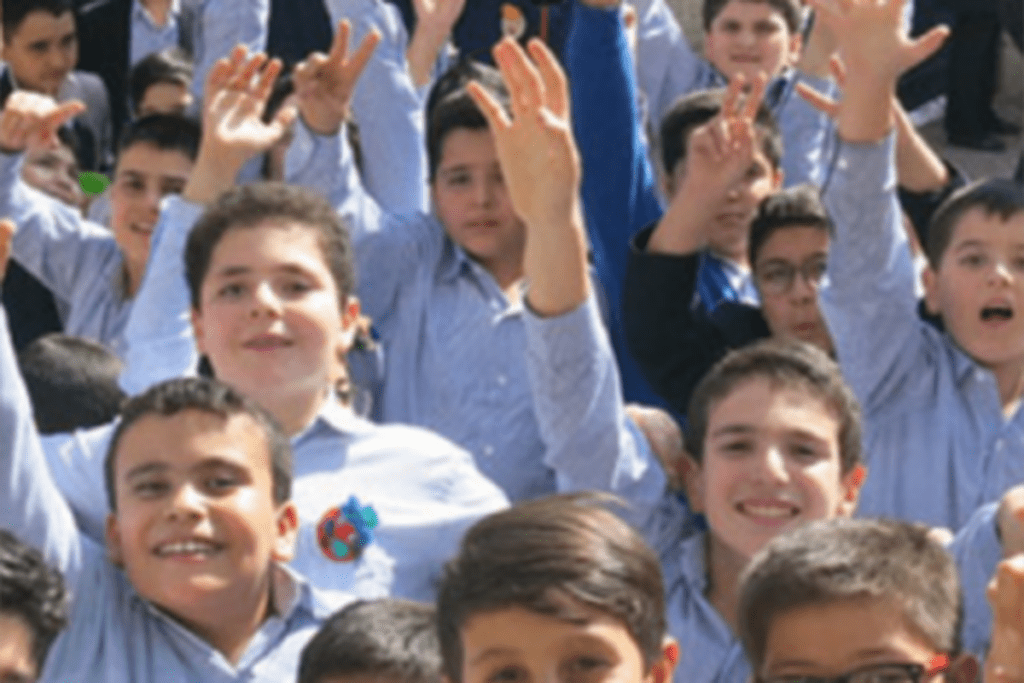
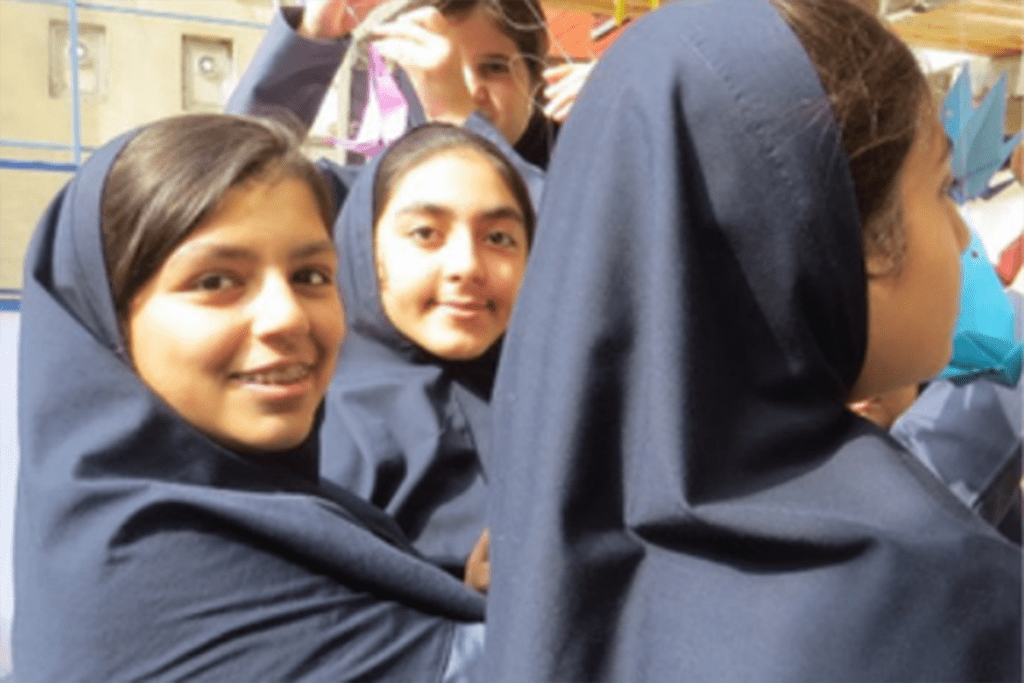
Related case studies
Discover how co-ops and mutuals are making a big impact in Australia’s health, community and social services sector, successfully delivering high-quality services and support to those who need it most.Find a care co-op or mutual near you
Use our new interactive map to find care co-ops and mutuals across Australia.
